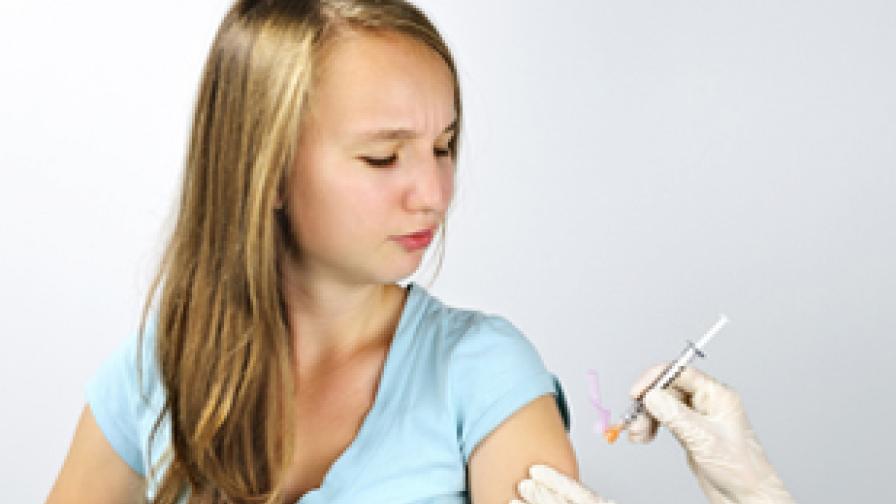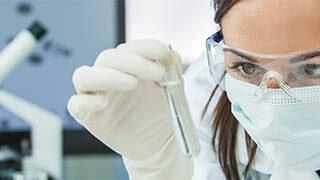
Testing the early rubella vaccine
Before immunisation was introduced, epidemics were a regular occurrence: hundreds of pregnancies were affected and at least 70 children were born with CRS each year. Today, it is very rare.
During the 1960s and 1970s the charity supported Dr Kevin McCarthy and his team who screened different strains of the virus to identify the danger posed by each. Dr McCarthy and Dr Alastair Dudgeon at Great Ormond Street Hospital in London worked on a vaccine that contained a live but harmless rubella virus. They were able to show that the vaccine virus wasn’t passed from person to person, gave long-lasting immunity and was safe.
The vaccine was offered to girls from the 1970s and in 1988 the combined measles, mumps, and rubella (MMR) vaccine, which includes the rubella vaccine, was launched. Today, there are less than 20 cases of rubella a year in the UK.

